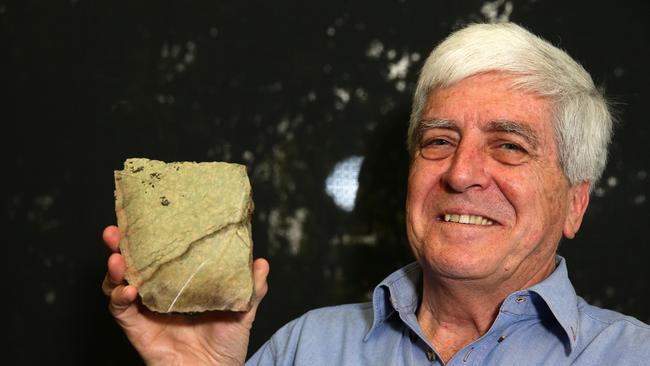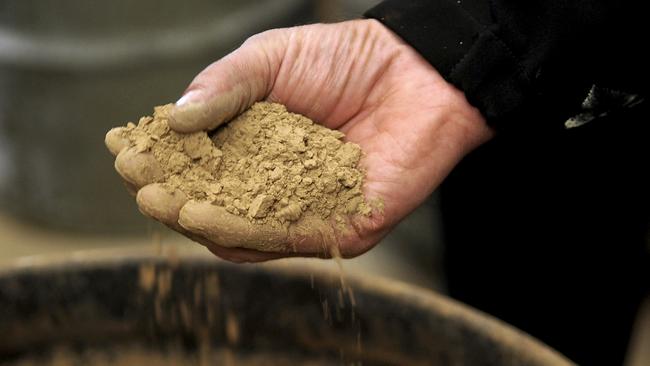
Indeed, one of the most dramatic features of the discussions between President Trump and our Prime Minister was the Trump plan to link with Australian enterprises to help the US break Chinese domination of rare earths.
The US president went further and set out a vision for a new era of trade and joint ventures between the US and Australia, which included infrastructure development in the region. But then he added high technology.
Trump: “The co-operation of strategic partners can open up new worlds of technology development using materials that are lighter, more versatile, or more conductive to open up new manufacturing opportunities in defence and aerospace, information technology, telecommunications, energy and medicine.
“The United States and Australia agreed to work together on strategic minerals exploration, extraction, processing and research and development of rare earths and high performance metals to sustain the jobs of today and develop the jobs of tomorrow.”
Rare earth elements are essential for military and civilian use for the production of high-performance permanent magnets, GPS guidance systems, satellite imaging and night vision equipment, smartphones, iPads, flat screens, sunglasses, electric cars, wind turbines, satellites, cruise missiles, stealth aircraft and a myriad of other technology products.
They are essential for the new products that will dominate our households and defence equipment and are called “the vitamins of chemistry”.
In 2017, China produced over 80 per cent of the world’s supply, making the US dependent on China for these vital defence materials at a time when the US has trade disputes with China and is testing the status of the South China sea.
Stephen Moore in The Washington Times says the US mineral situation today is similar to US vulnerability to OPEC nations for oil and gas in the 1970s. America has no stockpiles and is in the hands of China.
And Americans also believe that in rare earths they were ”taken to the cleaners” by China.
Back in 2010, after a dispute with Japan, China restricted its exports of rare earths and the price skyrocketed. That led to a boom in rare earths exploration and development. At one point Australia had 500 companies listed as having an interest in rare earths.
In the US Molycorp spent some $US1.5 billion developing the giant Mountain Pass mine, which was the only rare earths mine operating in the United States. Then in 2014 after a World Trade Organisation decision China flooded the rare earths market and prices collapsed. Molycorp went bankrupt and the mine went to care and maintenance.
But last year the Chinese saw the opportunity and snapped up the mine for just $20.5 million.
It was brilliant timing because now, once again, production in China is being curbed and prices are rising. There are attempts to block Chinese enterprises from controlling the American Mountain Pass mine but they have so far not been successful.

China realises its power in rare earths and has consolidated production enterprises into six groups, so centralising industry control, increasing government oversight, and lifting the prices.
America has many other rare earth deposits, mostly in the Western states like Montana, Colorado, Wyoming and the Dakotas, where regulations have made mining difficult.
In December the Trump administration issued a directive, called “A Federal Strategy to Secure Reliable Supplies of Critical Minerals”, aiming to open up federal lands, and streamline the permissions process.
Now, in February, he is looking to Australia, but not just for mining but also for processing plant development and research. Around 15 to 20 Australian companies have survived the slump but most have market capitalisations under $20 million. There are several companies of size including Alkane Resources, which operates in Dubbo, and Lynas in Western Australia. Most of the Lynas output is committed to Japan.
We are looking at a new area of co-operation between the US and Australia and maybe a new mining boom
But we will need to compete because the increasing prices have accelerated the development of rare earths projects outside China, not only in Australia but in Russia, Brazil, Canada, Burundi and Tanzania.




It’s taken a long time but suddenly the United States under Donald Trump has woken up that it has a potential “rare earths” crisis and is calling on Australia to help.